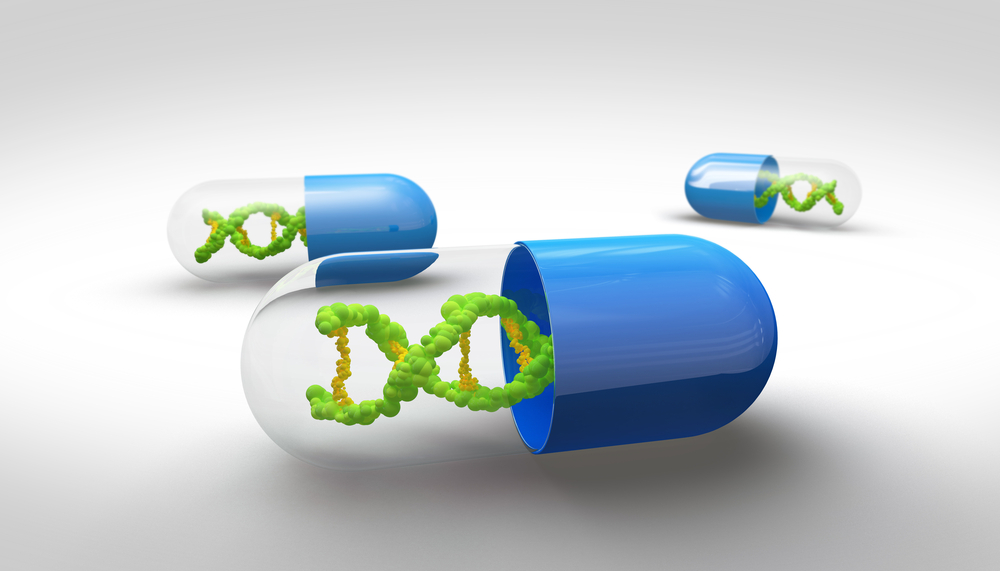FDA Names APB-102, Potential Gene Therapy for Familial ALS, an Orphan Drug

The U.S. Food and Drug Administration (FDA) has granted orphan drug status to Apic Bio‘s APB-102, an investigational gene therapy aiming to treat familial amyotrophic lateral sclerosis (ALS) associated with mutations in the superoxide dismutase 1 (SOD1) gene.
“This orphan drug designation represents an important recognition by the FDA of APB-102’s potential to treat SOD1 ALS, a rare genetic form of ALS,” John Reilly, chief executive officer and co-founder of Apic Bio, said in a press release. “Current treatments only offer modest benefits and do not target the genetic cause of the disease, leaving a significant unmet need.”
His company plans to open a clinical trial to assess APB-102’s safety and effectiveness in patients, Reilly added.
The SOD1 gene provides instructions to make an enzyme called superoxide dismutase, which regulates the production of reactive oxygen species (ROS) — toxic substances that are byproducts of a cell’s normal metabolism and need to be broken down regularly to avoid oxidative stress (cellular damage that occurs as a consequence of high levels of oxidant molecules).
An estimated 15–20% of people with familial ALS carry genetic mutations in SOD1 that affect the normal activity of superoxide dismutase, leading to progressive destruction of motor neurons (nerve cells responsible for voluntary muscle control).
APB-102 is a one-time gene therapy designed to silence the activity of the mutated SOD1 gene in motor neurons, preventing the production and accumulation of misfolded superoxide dismutase. The medication is administered through an injection directly in the spine (intrathecal injection).
Preclinical studies in monkeys have shown the therapy specifically blocks the expression of SOD1 in motor neurons with up to 93% effectiveness.
“It is gratifying that a clinical trial is being planned for this serious neurological disorder caused by SOD1 mutations,” said Robert Brown, MD, PhD, a neurology professor at the University of Massachusetts Medical School and scientific co-founder of Apic Bio. “It has been 30 years since this mutation was first identified and now is the time to move toward therapy.”
Apic Bio is planning to submit an investigational new drug (IND) application for APB-102, a required step for clinical testing, to the FDA in 2020.
The FDA designates investigational medicines as orphan drugs if their main purpose is to treat patients with a rare disease, defined in the U.S. as disorders that affect fewer than 200,000 people. The designation comes with benefits, including financial incentives for drug development and commercialization, U.S. market exclusivity for seven years, FDA support for clinical study design, potential accelerated drug development, and special fee exemptions and reductions.






